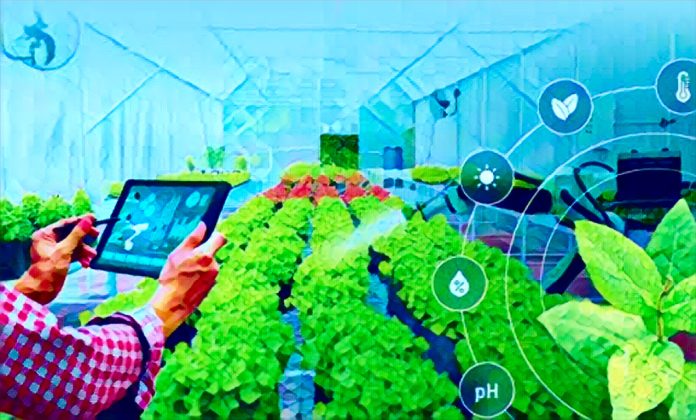KEY POINTS
-
Nigerian agritech startups are bringing advanced farming tools to rural communities, enabling data-driven cultivation and improved market access.
-
Apps like ThriveAgric, Crop2Cash, and Hello Tractor are helping farmers secure finance, reduce manual labor, and bypass exploitative middlemen.
-
The movement is redefining agriculture as a tech-driven, scalable industry—reaching far beyond Lagos into Nigeria’s agricultural heartlands.
Across Nigeria, a wave of tech-driven agriculture is reshaping how food is grown, managed, and distributed, as homegrown startups push the boundaries of innovation far beyond the commercial hub of Lagos.
In the vast farmlands of Kaduna, the hum of drones and the swipe of mobile apps are quickly replacing traditional hoes and guesswork.
While Lagos remains Nigeria’s financial nerve center, the true impact of the country’s agritech renaissance is being felt in rural communities from Oyo to Benue, Gombe to Nasarawa.
Here, smallholder farmers—long disconnected from advanced tools and reliable markets—are now embracing digital platforms that offer weather forecasts, soil diagnostics, credit access, and real-time market pricing, all through their smartphones.
Startups such as ThriveAgric, Crop2Cash, and Hello Tractor are at the forefront of this transformation. These companies are bridging the longstanding urban-rural divide by empowering farmers with tools previously out of reach.
“We realized that agriculture is most effective when it meets farmers where they are,” said Uka Eje, CEO of ThriveAgric. “You don’t need to own land in Lagos to make money from farming. You need data, access, and trust.”
ThriveAgric uses predictive analytics to help farmers determine the best planting seasons and crop varieties. Its mobile dashboard allows farmers to receive tailored agronomic advice, input financing, and links to buyers—all based on location and crop type.
Technology meets tradition in Nigeria’s agricultural heartlands
In Kano, for example, hundreds of maize farmers have adopted the Crop2Cash platform to sell their produce directly to food processors. By bypassing middlemen, they receive better pricing and faster payments.
The app also allows farmers to build financial credibility through transaction histories, opening doors to credit for the first time.
Meanwhile, Hello Tractor has become a game-changer in northern Nigeria. Dubbed the “Uber for tractors,” the app connects smallholder farmers to tractor owners, allowing them to rent machinery for a few hours or days—dramatically reducing the labor and time required to cultivate large plots.
“We saw that farmers in rural Yobe or Bauchi weren’t lacking ideas—they were lacking access,” said Fatima Ibrahim, a regional coordinator with Hello Tractor. “Once we brought digital solutions to them in Hausa, adoption soared.”
A major appeal of these platforms is their inclusivity. Most have interfaces in local languages and work on low-bandwidth mobile phones, meaning even farmers without internet literacy can benefit. For many, these tools are not just innovations—they are lifelines.
The federal government has taken notice. Through the National Digital Agriculture Strategy, partnerships are emerging between startups, the Ministry of Agriculture, and local extension officers to deploy digital training across 774 local governments.
Yet, challenges remain. Poor rural connectivity, limited digital literacy, and distrust of online transactions continue to slow adoption in some areas. Moreover, inconsistent government policies around land ownership and agrifinance can frustrate even the most tech-savvy farmers.
Still, for thousands of Nigerian farmers, the seeds of transformation have already been planted.
“What we’re seeing isn’t just a tech trend—it’s a rural awakening,” said Chigozie Anekwe, an agricultural economist in Enugu. “When a woman in Taraba can check cassava prices in Onitsha from her phone, that’s economic power in real time.”
Looking ahead, experts believe the success of agritech in Nigeria will hinge on deepening infrastructure investment, expanding rural mobile access, and nurturing local talent who understand both code and cassava.



